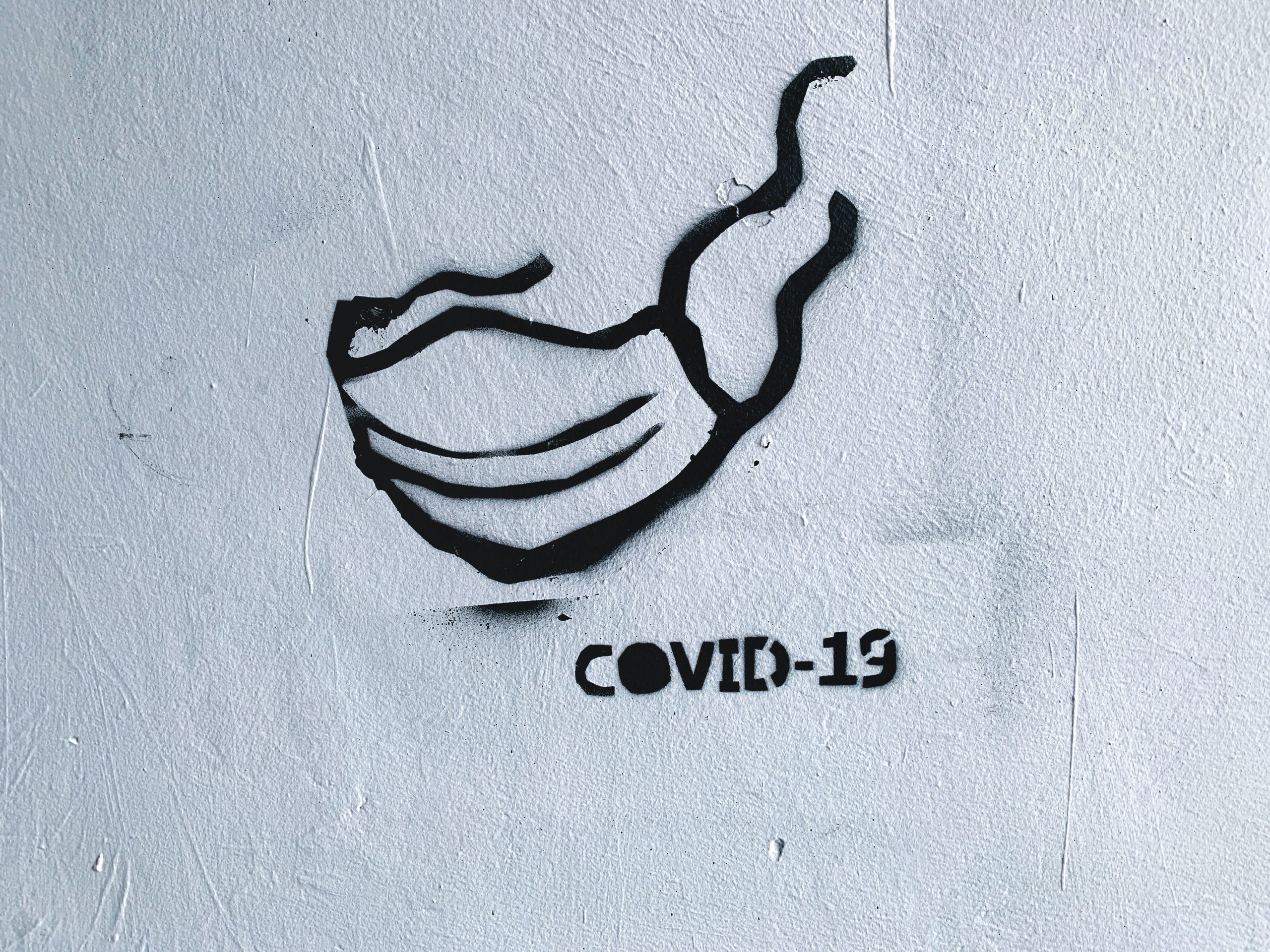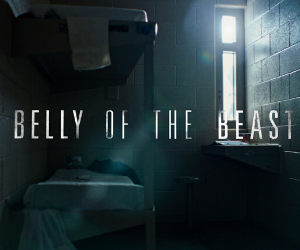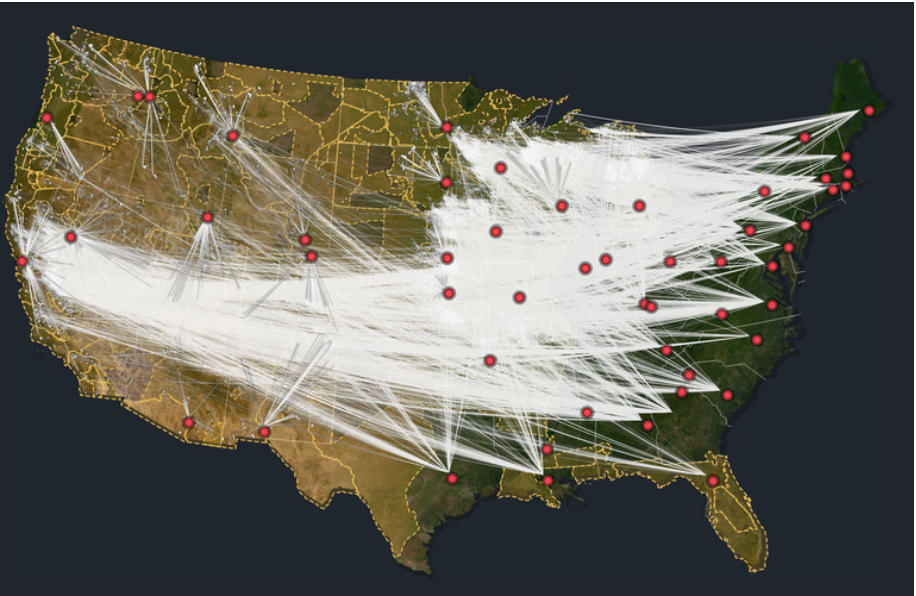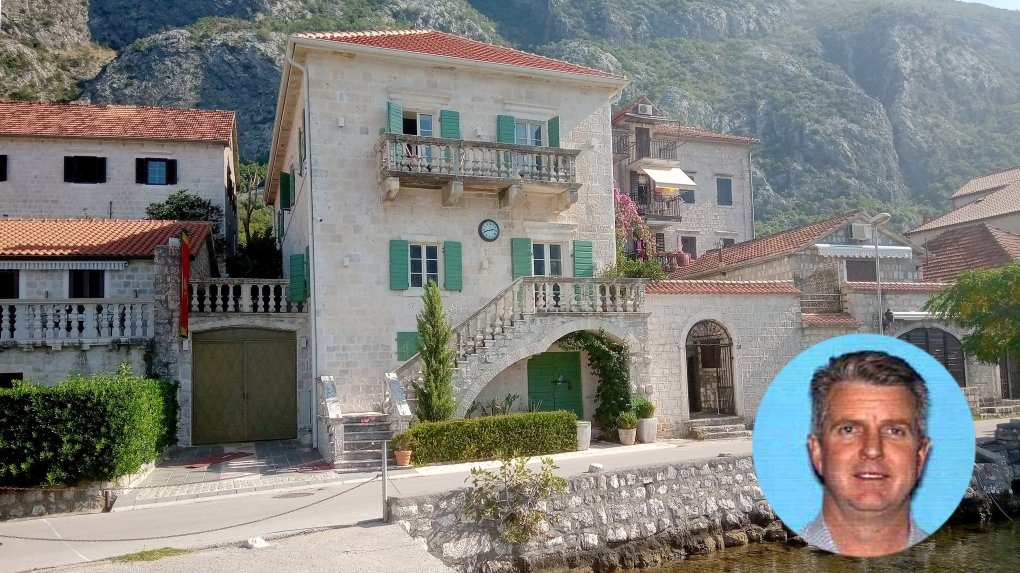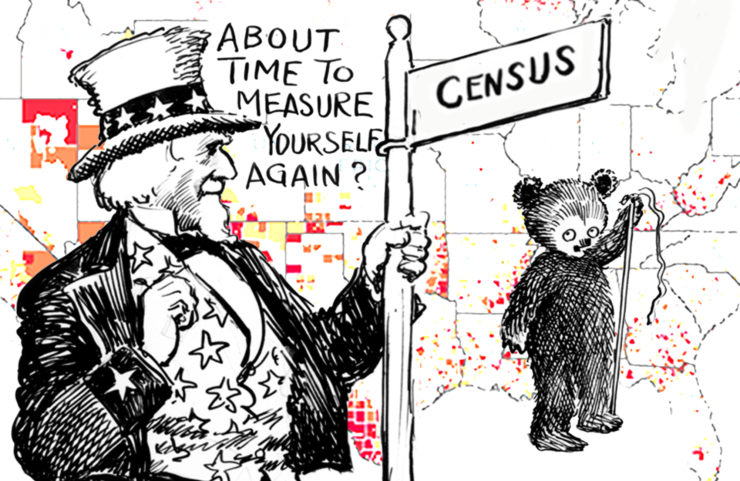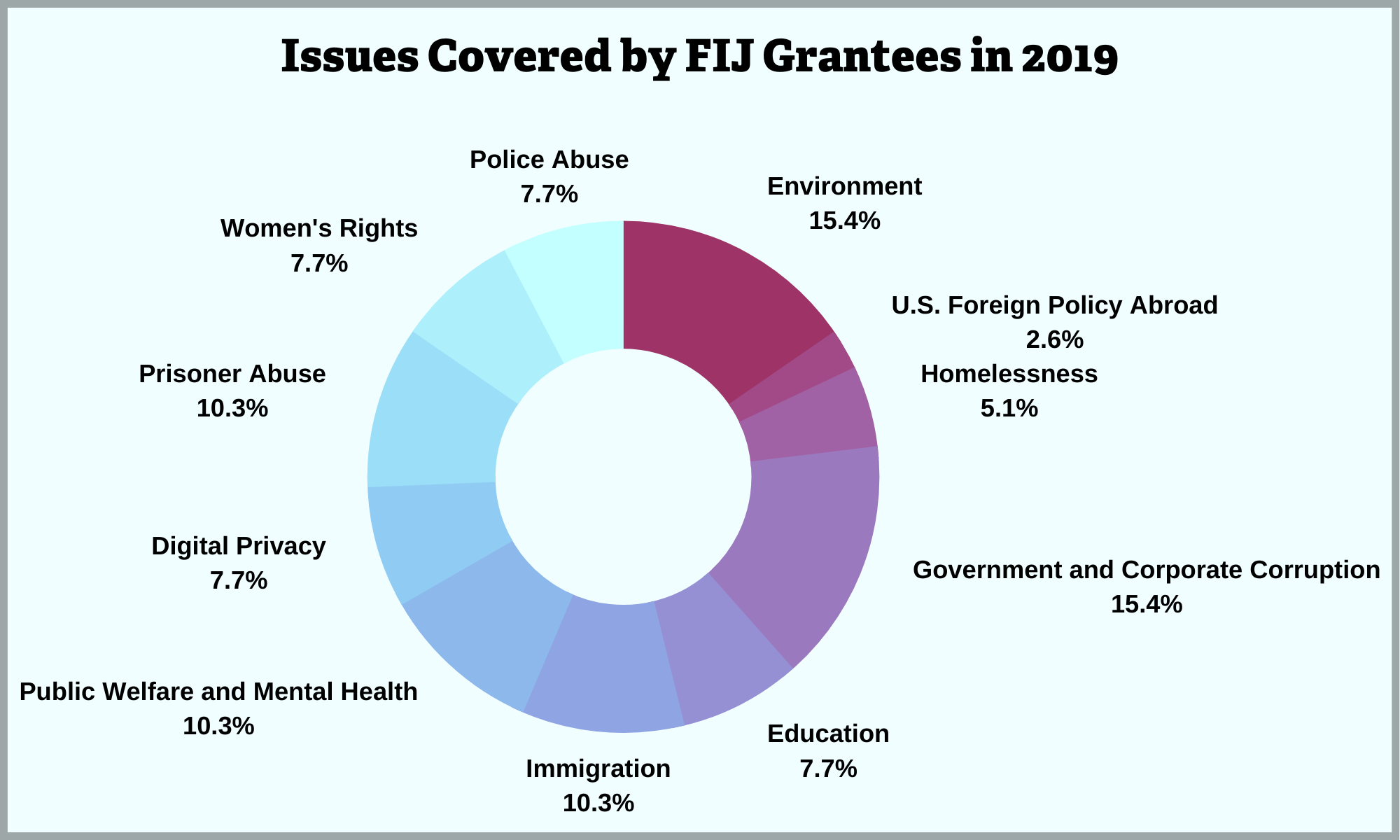Two dozen Colombians who had been in the custody of the Immigration and Customs Enforcement (ICE) for several months, were sent home as part of an ICE sped-up repatriation program last May. Unknown to the deportees, they had become infected with COVID-19. In the first piece of a multi-part investigation for palabra, FIJ grantee Jenny Manrique Cortes tracked some of the victims. ...
As the novel coronavirus continued to spread across the D.C. region in early spring, social workers at the district’s child protective services agency began to panic: Their bosses appeared oblivious to the toll this would take on their workforce. Dozens of sick or symptomatic employees, knockoff N95 masks, and COVID-19-positive foster children staying overnight at agency headquarters — in violation ...
FIJ Grantee’s Documentary on Reproductive Rights in Prisons to Open Human Rights Watch Film Festival
For the better part of the last decade, FIJ grantee Erika Cohn, a Peabody and Emmy Award-winning director/producer, has worked to shine a light on reproductive and human rights violations inside the walls of California’s women’s prisons. In 2010, Cohn began following the work of Cynthia Chandler, an activist lawyer, and Kelli Dillon, a woman who was involuntarily sterilized at ...
Nearly 11 million acres of indigenous land. Approximately 250 tribes, bands and communities. Over 160 violence-backed treaties and land seizures. Fifty-two universities. From High Country News’ Indigenous Affairs desk comes “Land-Grab Universities,” a unique reporting project funded in part by FIJ that untangles the powerful and painful strains of myth and money behind the land-grant university system, largely credited with ...
A small police training company owned by Chicago officers, the International Tactical Training Association (ITTA), has been training units of the police of El Salvador in the use of force, according to a recent report by FIJ grantee Danielle Mackey.According to Mackey’s investigation, the training has no oversight from either the U.S. or Salvadoran governments, although ITTA appears to have ...
A counter-extremism grant program funded and administered by the Trump administration’s Department of Homeland Security lacked transparency and deepened government mistrust among some minority communities it targeted, according to a report by FIJ grantee Julia Harte in The Nation magazine. As Harte reports, two-thirds of the applications chosen by the Trump administration focused on immigrants or Muslims, mostly ignoring domestic ...
A former Southern California businessman sought in connection with the ambush slaying of a Rolling Hills Estates lawyer and the home-invasion killing of a Whittier, Calif., man lives in a $2 million home along the Adriatic Sea in Montenegro, where the lack of an extradition treaty with the U.S. protects him from arrest.Richard Henry Wall, 67, who was identified in ...
The 2020 census will make a huge imprint on the nation for a decade, from determining how much federal money goes to states to divvying up congressional seats and helping city planners figure out where to build schools. But, as FIJ grantee Natasha Haverty reports for Reveal, when the Census Bureau does its next count this April, it will be ...
In October 2018, Carolina Public Press, a nonprofit news outlet, took a look at sexual assault conviction rates in North Carolina. What they found were outdated, ineffective laws that blurred the lines of consent and made it harder for offenders to be convicted. “We looked at court data – a 4½-year data set – and analyzed it for the first ...
It all starts with our grantees – the reporters and investigative journalists who commit their lives to uncovering, unraveling and documenting the stories that impact the world most. From migrant abuse at the border to the Flint, Michigan, water crisis and beyond, our grantees reported on a diverse array of issues in 2019. Below, we give you a breakdown of ...


